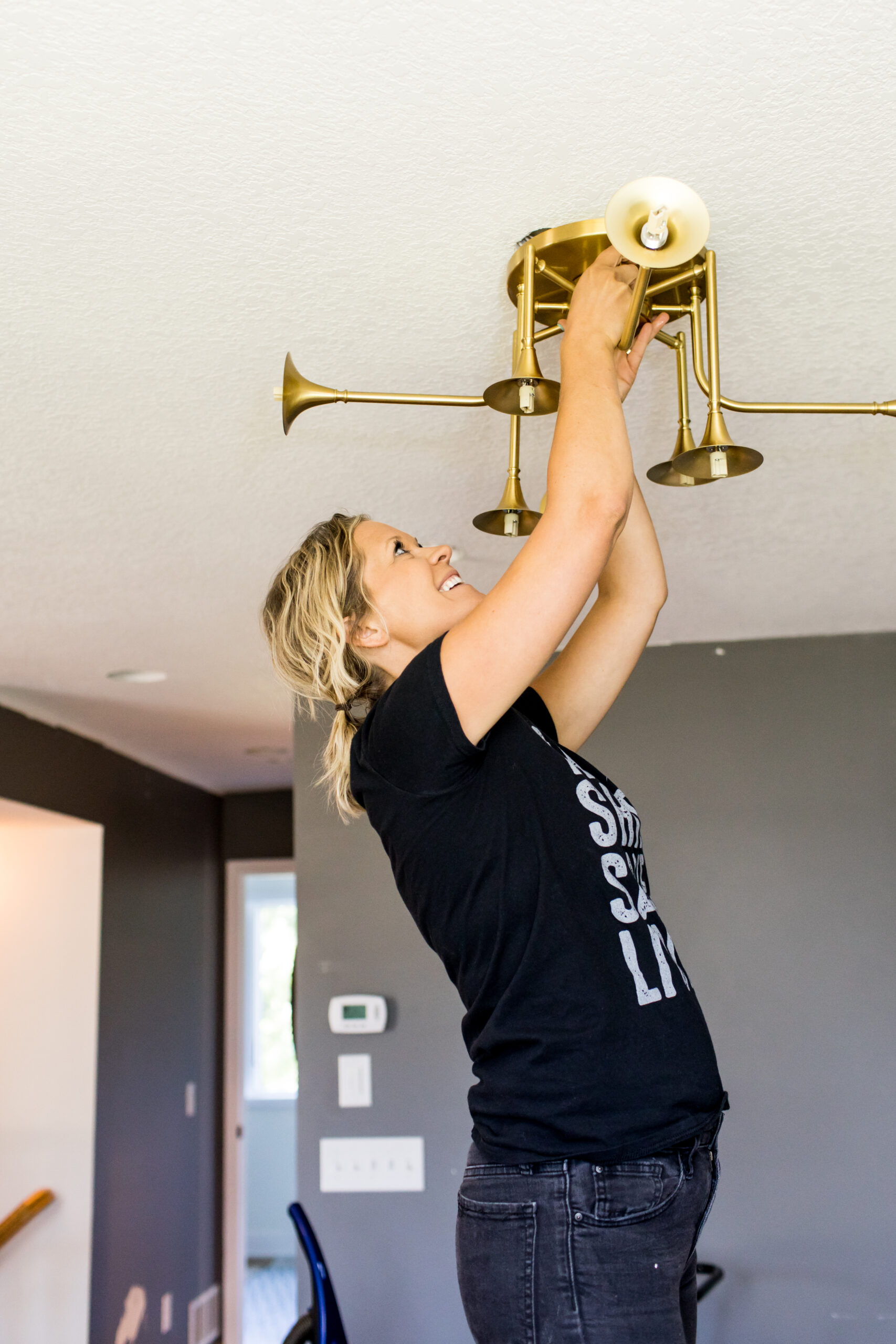
If you’ve ever worked with or been a contractor, you know this job is not for the faint of heart. It’s physical. It’s mental. It’s emotional. It’s business. And somehow, contractors are expected to juggle all of that—while also justifying every dollar they earn. So let’s set the record straight: Contractors deserve to make money. Period.
They deserve to be profitable. They deserve to create businesses that support their families, teams, and long-term goals. And they deserve to be respected as the professionals they are.
Behind Every Project Is a Person
Behind every renovation, build, or project you see on social media is a real human being managing hundreds of moving parts. Contractors are more than just “hands-on” workers. They are project managers, budget forecasters, problem-solvers, designers, therapists (yep), and business owners.
They’re the ones waking up at 4 a.m. to get materials, managing subcontractors, handling surprise permit issues, fielding client questions, and still trying to make it to their kid’s soccer game.
The Risk is Real
Let’s talk about risk—because there’s a lot of it. Contractors take on a level of risk that few other professions face. They sign contracts on projects that might last six months to a year, with hundreds of thousands—sometimes millions—of dollars on the line. They’re responsible for labor, materials, timelines, weather delays, city inspections, change orders, and so much more. One misstep or delay can eat into margins or cause a financial loss.
Now compare this to other high-responsibility professions. A lawyer might charge $500 an hour. A software developer might make $150,000+ a year. A doctor might bill tens of thousands for procedures. All of these professions deserve to make money, too—but their risks are often limited to their own performance.
Contractors? They’re betting on a dozen trades showing up. They’re hoping supply chains deliver. They’re banking on clients staying happy with evolving decisions, mood boards, and floorplans. They are literally building with their hands and dollars on the line every single day.
And yet… there’s a stigma. That somehow they’re overcharging. That because they have dirt on their boots, they’re not “professionals.” That if they do well, they must be taking advantage of someone. That narrative needs to go.
The Numbers Don’t Lie
Let’s break it down. A typical kitchen remodel might cost anywhere from $75,000 to $150,000+. That number includes custom cabinetry, appliances, labor, demo, permits, plumbing, electrical, tile, countertops, hardware, and installation. And yes, that number includes the contractor’s time, risk, and management.
But here’s what people often don’t see: The contractor might only walk away with 10–15% profit—if everything goes right. That’s $7,500–$15,000 on a $100,000 job… for months of coordination, stress, and nonstop hustle.
And from that profit? They have to pay themselves, reinvest in the business, cover marketing, insurance, tools, continuing education, taxes, and maybe save enough to grow their company.
So no, they are not getting rich off you. They’re trying to run a stable, ethical business in a high-pressure industry.
Profit Isn’t Greed—It’s Survival
Profit isn’t a dirty word. It’s what keeps good contractors in business. When contractors don’t charge enough, it leads to burnout, high turnover, poor craftsmanship, and job site mistakes. No one wins when the people building our homes, schools, and communities are barely scraping by.
A well-run, profitable construction business is a sign of professionalism, not greed. It means the contractor can:
- Pay their team well
- Invest in training and safety
- Offer health benefits
- Be more selective with clients and projects
- Show up fully, focused, and ready to do great work
- It Takes Years to Master This Work
Becoming a skilled contractor doesn’t happen overnight. It takes years—decades even—to learn the ins and outs of materials, codes, timelines, and client expectations. And unlike many other industries, most contractors had to figure out a lot of this on their own. No rulebook. Just real-life experience, trial and error, and grit.
Their expertise is worth every penny. When you hire a contractor, you’re not just paying for their time. You’re paying for:
- Years of experience
- Hard-earned wisdom
- Relationships with trusted trades and vendors
- The ability to see problems before they happen
- Solutions that save you money in the long run
- Education, Not Just Execution
The best contractors are also educators. They teach their clients what to expect, how to care for materials, what realistic timelines look like, and how to prioritize spending. They walk clients through decisions they didn’t even know they had to make—all while managing moving targets and maintaining craftsmanship.
This emotional labor? It matters. And it’s often the most under-valued part of the job.
What You Pay For is Peace of Mind
When you hire a reputable contractor, you’re buying more than a kitchen, a new deck, or a custom bathroom. You’re buying:
- Peace of mind
- Communication
- Problem-solving
- Skill and precision
- A network of trusted trades
- Long-term durability
- You’re buying back your time, your energy, and your confidence that the job is going to be done right.
The Bottom Line
If you’re a homeowner reading this: support your contractors. Respect their prices. Understand what goes into the quote you receive. And if you’re a contractor: don’t apologize for making money. You deserve it. You are helping build lives, neighborhoods, communities, and dreams.
Let’s normalize talking about profit. Let’s normalize charging what the work is worth. Because when contractors thrive, the entire industry is stronger for it. You don’t just deserve to make money. You need to. And anyone who’s worked with a truly great contractor knows—they’re worth every dime.




